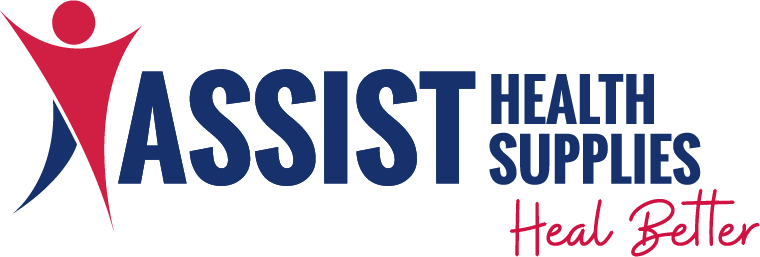
Empowering Caregivers: Essential Tools and Resources
Caregiving is a demanding yet deeply rewarding role that requires compassion, dedication, and resilience. Whether caring for aging parents, a loved one with a disability, or a family member with a chronic illness, caregivers play a crucial role in providing physical, emotional, and logistical support. To empower caregivers and enhance their ability to provide quality care, a range of essential tools and resources are available. In this blog, we’ll explore some of these tools and resources that can make a significant difference in the caregiving journey.
1. Caregiver Support Groups and Communities
Caregiver support groups and online communities offer invaluable emotional support, guidance, and camaraderie to caregivers. These groups provide a safe space for sharing experiences, expressing concerns, and learning from others facing similar challenges. Whether in-person or virtual, caregiver support networks offer a sense of belonging, validation, and encouragement, reducing feelings of isolation and burnout.
2. Caregiver Training and Education Programs
Caregiver training and education programs equip caregivers with essential knowledge, skills, and resources to provide effective care. These programs cover topics such as understanding medical conditions, medication management, caregiving techniques, communication strategies, and self-care practices. By investing in ongoing education, caregivers can enhance their confidence, competence, and ability to meet the diverse needs of their care recipients.
3. Respite Care Services
Respite care services provide caregivers with temporary relief and time for self-care by arranging for trained professionals to step in and provide care for their loved ones. Whether for a few hours, a day, or longer periods, respite care allows caregivers to recharge, attend to personal needs, and prevent caregiver burnout. Respite care services can be arranged through home care agencies, adult day programs, or residential care facilities.
4. Caregiver Apps and Technology Solutions
Caregiver apps and technology solutions offer practical tools for organizing caregiving tasks, managing medications, tracking appointments, and communicating with healthcare providers. These apps may include features such as medication reminders, care plans, health monitoring tools, and secure messaging platforms. By leveraging technology, caregivers can streamline caregiving responsibilities, improve coordination, and access resources more efficiently.
5. Legal and Financial Planning Resources
Legal and financial planning resources help caregivers navigate complex issues such as estate planning, power of attorney, advance directives, long-term care insurance, and government benefits. Consulting with legal professionals, financial advisors, and eldercare specialists can provide caregivers with clarity, guidance, and peace of mind regarding legal and financial matters related to caregiving responsibilities.
6. Home Safety and Assistive Devices
Creating a safe and accessible home environment is essential for caregivers and their care recipients. Home safety assessments, adaptive equipment, and assistive devices, such as grab bars, mobility aids, adaptive furniture, and smart home technologies, enhance safety, mobility, and independence. By implementing home modifications and using assistive devices, caregivers can mitigate risks, improve quality of life, and support aging in place.
7. Self-Care Resources and Wellness Programs
Self-care is vital for caregivers to maintain their physical, emotional, and mental well-being. Self-care resources and wellness programs offer strategies for managing stress, practicing mindfulness, engaging in physical activity, and seeking support. Caregivers can benefit from activities such as exercise classes, support groups, counseling services, and resiliency workshops tailored to their unique needs and preferences.
Conclusion
Empowering caregivers with essential tools and resources is key to sustaining their well-being and enhancing the quality of care they provide. By accessing caregiver support networks, education programs, respite care services, technology solutions, legal and financial planning resources, home safety adaptations, and self-care programs, caregivers can navigate their caregiving journey more effectively and compassionately. Empowered caregivers are better equipped to provide optimal care, maintain balance in their lives, and find fulfillment in their caregiving role.
